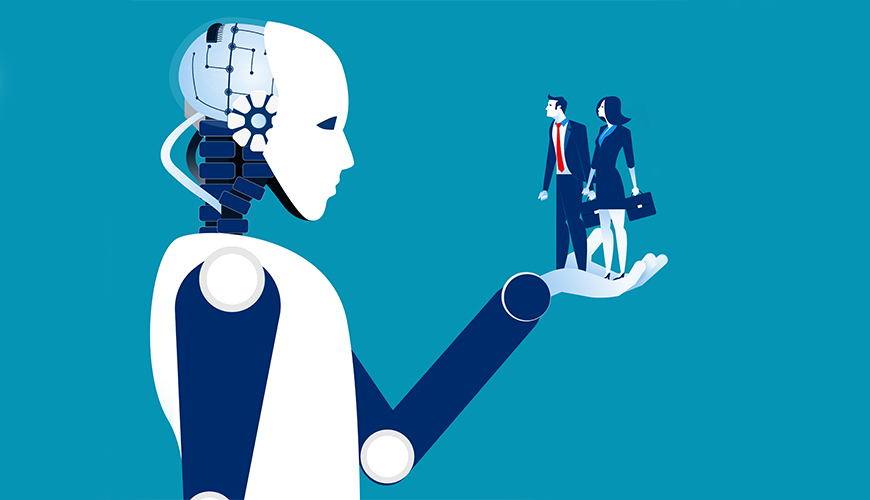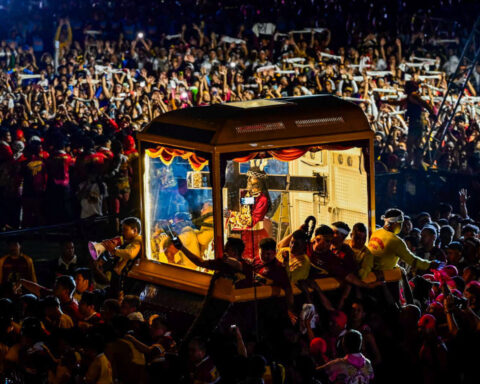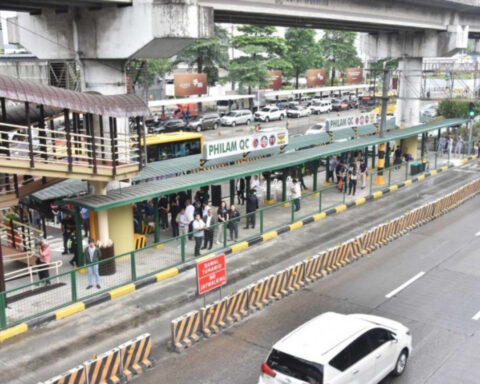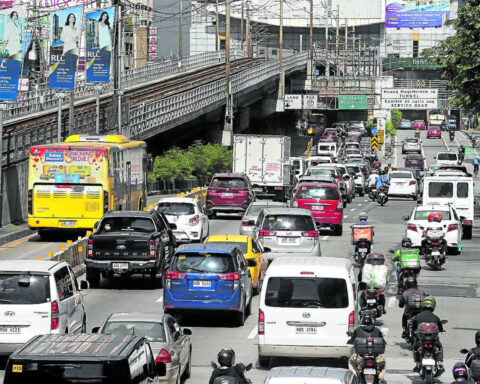Artificial intelligence (AI) is rapidly transforming society in the Philippines, as it is in the rest of the world. It is being used to automate tasks, improve decision-making, and create new products and services.
In some cases, AI is taking over jobs that were once done by humans. Filipinos are already losing work to AI, but the impact so far has been largely hidden from view.
Economists say it’s also creating jobs at an unprecedented rate, but not always for the people in the firing line.
Job displacement due to AI in the Philippines
A study by the Philippine Institute for Development Studies (PIDS) found that AI could displace up to 22 million jobs in the Philippines by 2030. The study also found that the most vulnerable sectors to job displacement are those with a high degree of routine and repetitive tasks, such as business process outsourcing (BPO), manufacturing, and retail.
The BPO sector is one of the largest employers in the Philippines, with over 1.3 million workers. However, the sector is also highly vulnerable to automation, as many BPO tasks can be performed by AI-powered chatbots and other tools.
In a 2022 survey by the IT and Business Process Association of the Philippines (IBPAP), found that 42% of BPO companies are already using AI in their operations. The survey also found that 90% of BPO companies believe that AI will have a significant impact on their workforce in the next five years.
In addition, One of the biggest impacts of AI is on writing. AI-powered writing tools can now generate human-quality text on a variety of topics. This is having a major impact on the journalism industry, where AI is being used to write news articles, blog posts, and social media content.
AI is also having a significant impact on small businesses. AI-powered chatbots can now provide customer service, answer questions, and even take orders. This is freeing up small business owners to focus on other aspects of their businesses.
The use of AI is still in its early stages in the Philippines, but it is already having a significant impact. As AI technology continues to develop, we can expect to see even more AI-powered solutions being used in the Philippines.
The need for upskilling and reskilling
The displacement of jobs due to AI is a major challenge for the Philippines. However, it is also an opportunity to upskill and reskill the workforce for the jobs of the future.
The government, businesses, and educational institutions need to work together to provide workers with the skills they need to thrive in the AI-powered economy. This includes training in areas such as data science, machine learning, and artificial intelligence.
The future of work in the Philippines
The future of work in the Philippines is likely to be very different from the present. AI will play an increasingly important role in the economy, and workers will need to adapt to this new reality.
However, there are also opportunities for new jobs to be created in the AI-powered economy. The Philippines has a strong pool of talent in areas such as IT and engineering, and this talent can be harnessed to develop new AI-powered products and services.
The Philippines is well-positioned to take advantage of the opportunities of the AI-powered economy. However, it is important to address the challenges of job displacement and to ensure that the benefits of AI are shared by all Filipinos.
Source: PhilNews24 | December 4, 2023







